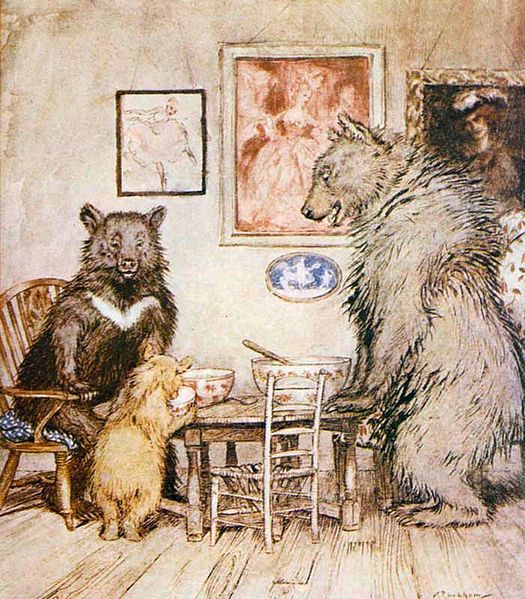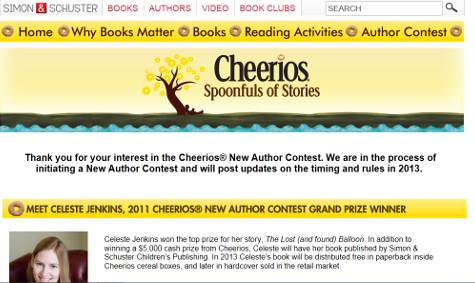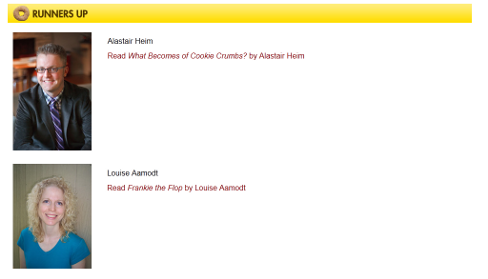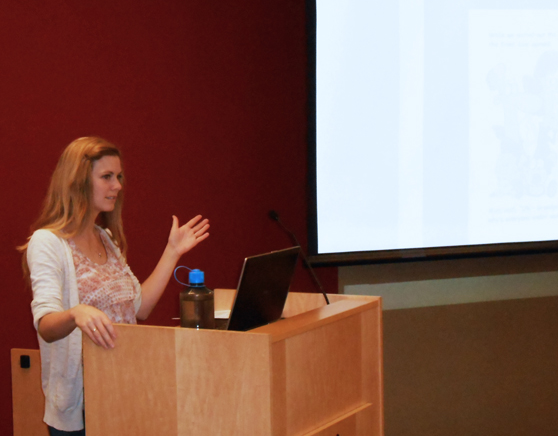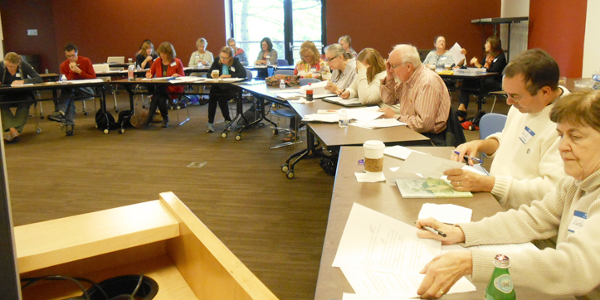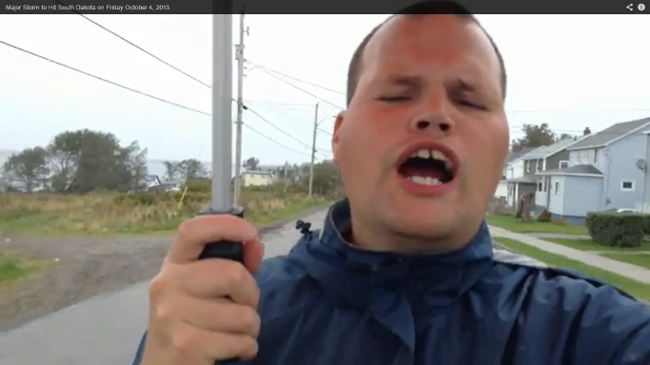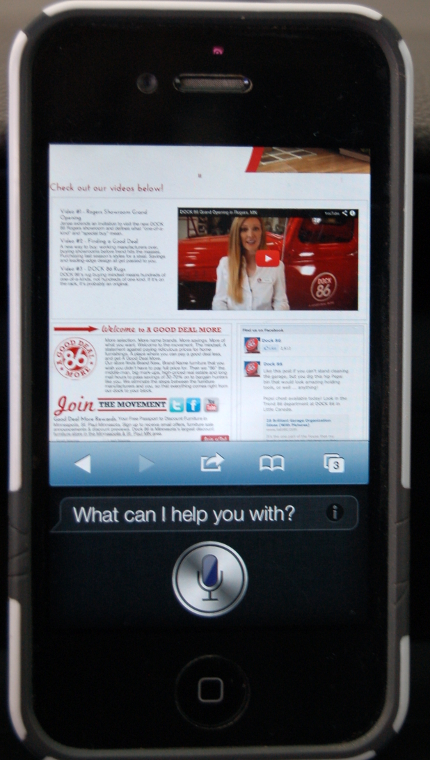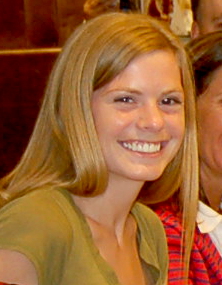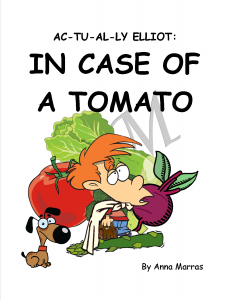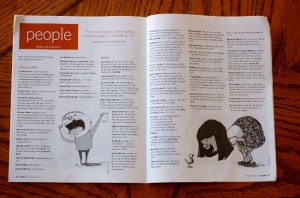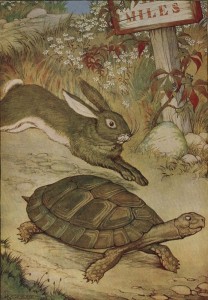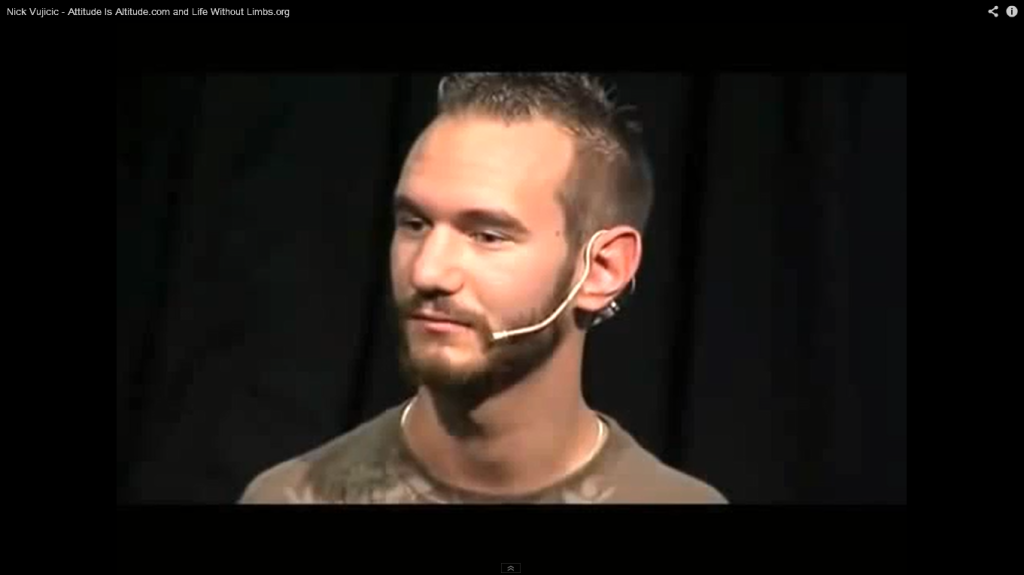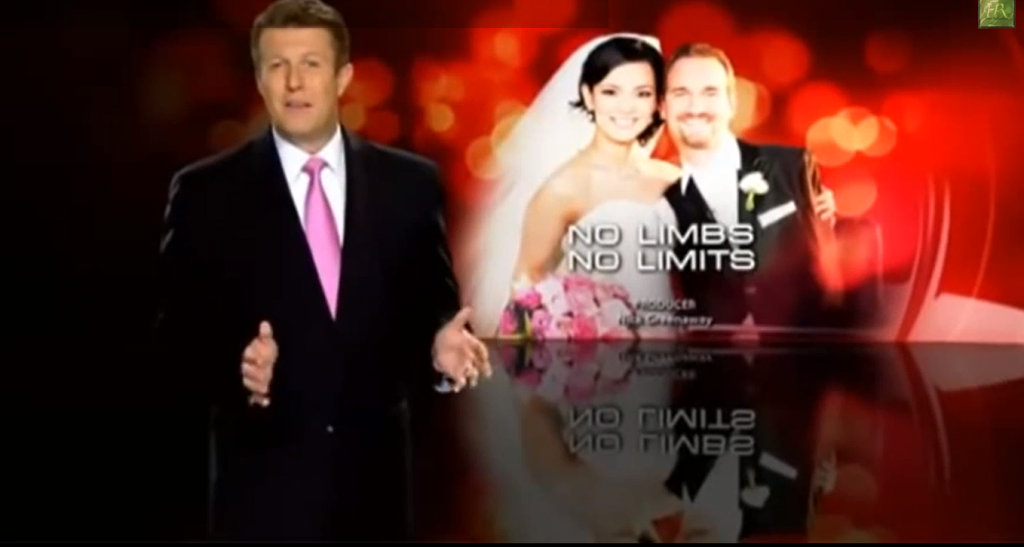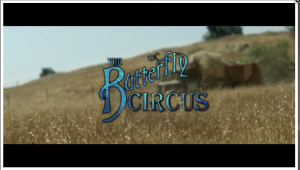Most writers and artists live modestly to do what they love best. Unless you’ve written a New York Times Best Seller or inherited a fortune from Grandpa, you probably have to pinch your pennies if you want to be generous this Christmas. Here are some tips to make Abe Lincoln say “uncle”.
DON’T DRINK YOUR CASH AWAY
Save significant moolah by not drinking your income (and calories). Enjoy that Quadriginoctuple Frap; that shaken, not stirred martini; and that Masala chai tea when you’re “discovered”. This will decrease your fitness gym and dental hygiene expenses, too.
REUSABLE WATER BOTTLES
Reusable water bottles save money and the environment. Refill as needed.
- Last time we accidentally ordered fajitas for two. It will feed my husband and I four times over. We’ve saved meal-size servings in the freezer so we don’t overdose on Mexican cuisine.
LEFTOVER INCOME
When you eat out, ask for the to-go cartons. Luckily, I have a spouse who likes most of the same meals I like, so we often share restaurant meals. The best deal is fajitas. We usually end up with enough food to feed us twice or more at home after the initial meal.
Vegetarian? Try the tofujitas.
TAX ON STUPID
Stay clear of lottery tickets and slot machines. Because the odds are so poor, my economic major son calls them a tax on stupid people. Besides, if you won, you’d go crazy and die penniless and embarrassed like most big money winners do.
Note that this gambling warning comes from someone determined to get her books published. My odds aren’t so hot either. But, writing’s more fun than scratching ticket stubs.
NEVER BUY A COUPON
For instance: resist restaurant.com certificates. Chances are you’ll be required to go to a restaurant you never intended to visit, spend more than you expected, and when the check comes the waiter will say, “I’m sorry, we don’t accept those.” Then you’ll go to the restaurant.com website and they’ll offer to make it right by requiring you to go to another restaurant you never intended to visit …
RESIST GIFT CARDS
Resist gift card purchases–period. They’re slippery little buggers. Unless you want your certificate, your spare change, and your remote control to enjoy each other’s company in the recesses of your couch cushions. Also, landfills are full of unused gift certificates hastily tossed by OCD people like me who can’t stand wrapping paper laying all over. We have a $35 certificate in a Fort Meyers, Florida landfill, if anyone wants to look for it.
Also, we’ve been burnt more than once buying gift cards from restaurants that are now out of business. Ouch!
Disclaimer: Okay, gift cards are a too-convenient habit–even though I know they’re a bad deal. I must confess, I bought movie theater gift cards last week. SAVING MR. BANKS isn’t in theaters until December 20. My KEM Christmas party was last Friday. What could I do?
Amendment: If you must buy a gift card, ask your gift receiver it in their purse or wallet before you throw away the gift wrap.
Anyway, if you want more advice from a hypocrite, watch for “Pinching Pennies II” in next week’s blog post.
May your days be filled with work you want to do,
not work you have to do.



